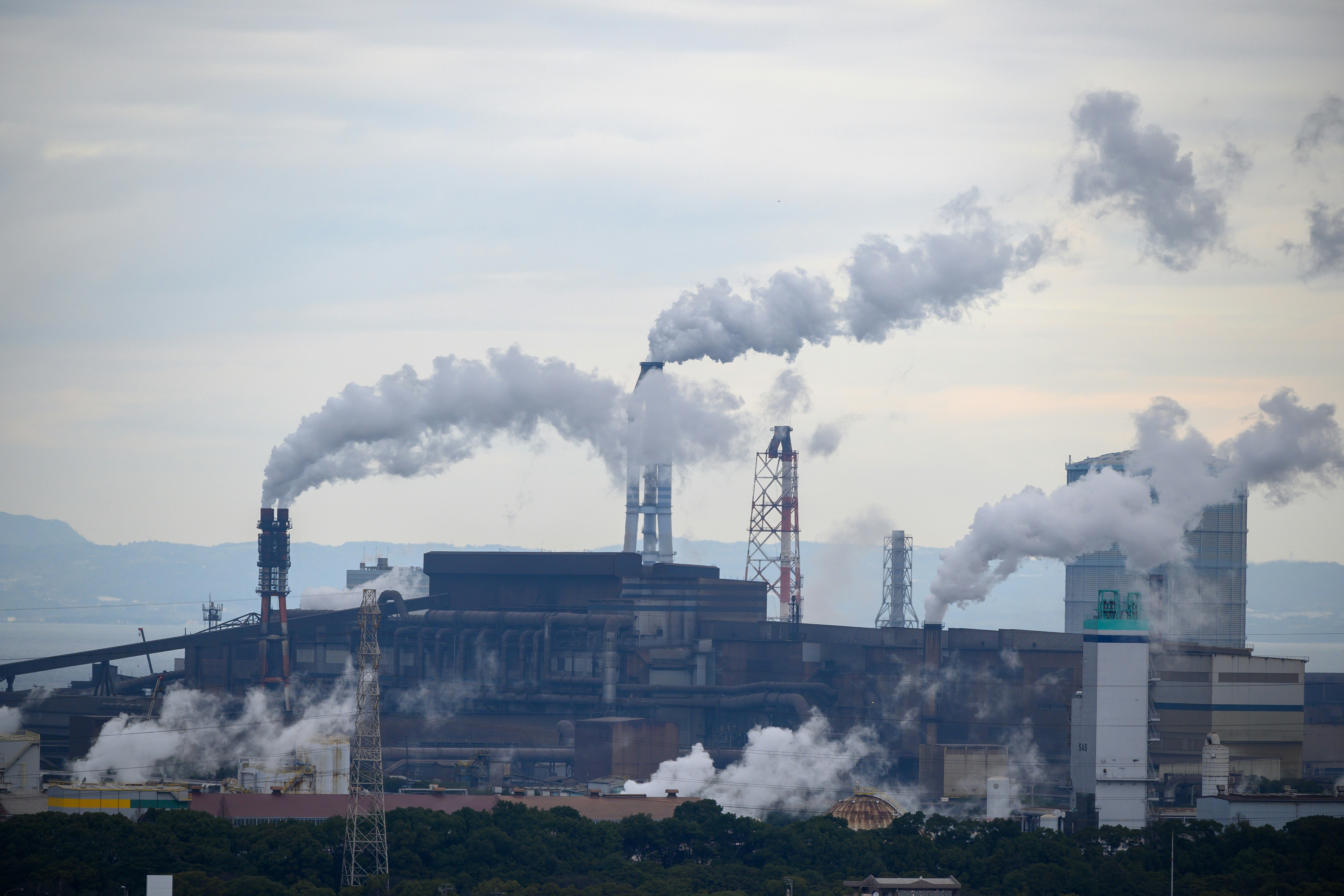As pollution and air quality worldwide become a larger priority, many people have taken it upon themselves to ensure the air in their home is top-notch. Whether they use an air purifier or revamp their central air system, there are several ways to ensure cleaner air throughout a home. You might be asking yourself how much air quality actually matters and what the air quality is in your own state, city, or neighborhood.
Air quality information for the United States can be found on the United States Environmental Protection Agency website and is easily accessible. Within the topic of outdoor air quality, you can also find information about ensuring your indoor air is of high quality and pure.
What are the downsides of poor air quality?
There can be serious repercussions of living in poor quality air, whether it is indoor or outdoor. Hazardous air pollutants can have several disadvantages on a person’s health, as well as the environment. People exposed to hazardous air pollutants in high concentrations have an increased chance of getting cancer, among many other health issues, including damage to the immune system, reproductive issues, developmental issues, and respiratory problems. If you are curious about how these air pollutants could affect you, there are several risks.
In addition to breathing in these harsh air pollutants, they risk infiltrating the environment, which is a cyclical process that affects the entire food chain and its habitats. For example, if there is a high concentration of mercury in the ocean, people will ultimately ingest it from the seafood they eat. Like humans, animals can experience many health issues if exposed to these harsh pollutants over time.

How do you compare air quality in new homes vs. older homes?
Older homes are more likely to have pollutants, including asbestos, mold, and radon. If you are buying a house in a new city, it might be good to have an inspector check out the home and what type of air quality is expected to come from it. If you are buying a new house, you can be sure the indoor air quality will be purer than older homes built with fewer environmental standards in mind. Today, building materials are required to pass environmental and health standard tests to ensure high quality.
If you are a homeowner looking to sell your older home, it might be a good idea to have the home inspected and take as many steps as possible to increase the air quality in the home. Sustainability and awareness about being “green” are a much larger priority among today’s home buyers than in previous decades.
If your current home doesn’t have the best quality air, there are several things you can do to increase the quality of your indoor air. Keeping your home clean, vacuuming regularly, using cooking vents, and buying indoor plants will significantly boost the air quality.
People tend to look at air conditioning systems with one thing in mind – how it will keep the house cool in an energy-efficient way. However, the quality of the air matters as well when you are shopping around for a new system. Newer systems are made with this expectation in mind, but there are also things you can do to keep the air in your home clean. Using high-quality air filters and changing them out regularly is just one way a homeowner can help keep the allergens and air pollution from getting out of control in the home. Several air filter designs are meant to keep allergens out of the air and won’t require you to change them more than twice per year.

Whether you are trying to improve the quality of your air indoor or outdoor, it’s an important aspect of life that we should all take into consideration for not only our own health but the environment as a whole.

